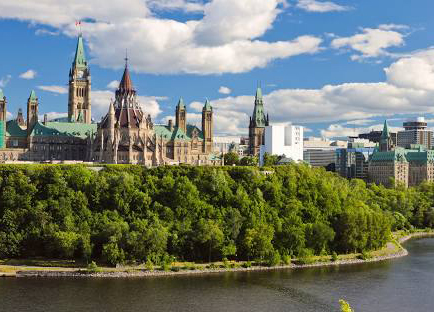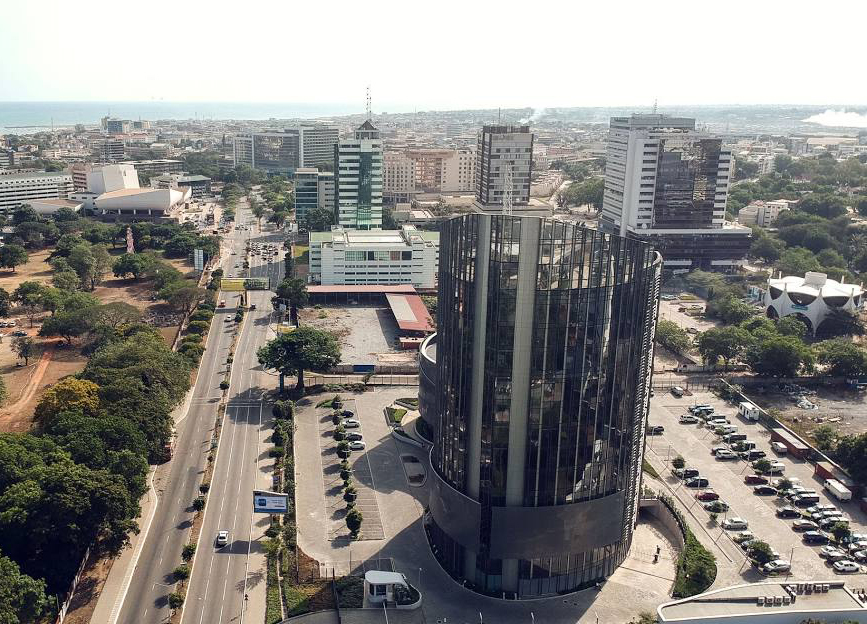Investing in vacation properties in Canada can be an exciting and potentially profitable venture. From the scenic beauty of British Columbia's mountains to the charming coastal towns of Nova Scotia, Canada offers a plethora of stunning locations that attract tourists year-round. This guide explores the pros and cons of investing in vacation properties in Canada, helping you make an informed decision.
Pros of Investing in Vacation Properties in Canada
- High Demand for Rentals
- Tourism Growth: Canada is a popular tourist destination, known for its natural beauty, vibrant cities, and cultural heritage. This high tourism influx creates a steady demand for short-term rental properties.
- Seasonal Attractions: Seasonal attractions such as skiing in the winter and hiking in the summer ensure that vacation properties can generate income throughout the year.
- Potential for Appreciation
- Rising Property Values: In many popular vacation destinations, property values have been steadily increasing. Investing in these areas can result in significant property appreciation over time.
- Scarcity of Land: Limited land availability in prime locations can drive up property prices, making your investment more valuable.
- Personal Use
- Dual Benefits: Owning a vacation property allows you to enjoy personal use while also generating rental income when you're not using it.
- Family Retreat: It provides a personal retreat for family vacations, offering long-term savings on accommodation costs.
- Tax Benefits
- Deductions: Rental properties can offer tax deductions for expenses such as mortgage interest, property management fees, repairs, and maintenance.
- Depreciation: You may also benefit from property depreciation, which can reduce your taxable income.
- Diversification of Investment Portfolio
- Stability: Real estate can provide a stable investment compared to stocks and bonds, helping diversify your investment portfolio.
- Inflation Hedge: Property investments tend to appreciate with inflation, providing a hedge against rising prices.
Cons of Investing in Vacation Properties in Canada
- High Initial Costs
- Down Payment: Vacation properties typically require a substantial down payment, which can be a significant financial outlay.
- Closing Costs: Legal fees, property inspections, and other closing costs can add to the initial investment.
- Maintenance and Management
- Ongoing Maintenance: Vacation properties require regular upkeep and maintenance, which can be time-consuming and costly.
- Property Management: If you don’t live near the property, hiring a property management company can be necessary but will incur additional costs.
- Seasonal Income Variability
- Fluctuating Demand: Rental income can fluctuate with the seasons, leading to periods of low occupancy and reduced cash flow.
- Weather Dependency: Properties in areas dependent on specific seasonal activities may suffer during off-seasons or unfavorable weather conditions.
- Regulatory and Taxation Issues
- Short-Term Rental Regulations: Some municipalities have strict regulations regarding short-term rentals, which can limit your rental opportunities.
- Property Taxes: Vacation properties may have higher property taxes, especially in tourist-heavy areas.
- Market Risks
- Economic Downturns: Economic downturns or changes in tourism trends can impact property values and rental income.
- Natural Disasters: Properties in certain areas may be at risk of natural disasters like floods or wildfires, which can affect your investment.
Popular Vacation Property Locations in Canada
- Whistler, British Columbia
- Attractions: World-renowned ski resort, summer hiking, and mountain biking.
- Property Types: Chalets, condos, and luxury homes.
- Banff, Alberta
- Attractions: National park, hot springs, and year-round outdoor activities.
- Property Types: Cabins, lodges, and vacation homes.
- Muskoka, Ontario
- Attractions: Lakes, boating, and cottage country charm.
- Property Types: Waterfront cottages, cabins, and luxury estates.
- Prince Edward County, Ontario
- Attractions: Wineries, beaches, and artisanal food scene.
- Property Types: Cottages, farmhouses, and vacation rentals.
- Nova Scotia’s South Shore
- Attractions: Coastal scenery, historic towns, and seafood.
- Property Types: Beachfront homes, cottages, and historic properties.
Tips for Successful Vacation Property Investment
- Research Thoroughly
- Understand the local real estate market, tourism trends, and seasonal demand before investing.
- Calculate Costs Accurately
- Factor in all costs, including purchase price, taxes, maintenance, management fees, and insurance.
- Hire Local Experts
- Work with local real estate agents, property managers, and legal advisors who understand the market dynamics.
- Market Effectively
- Use online platforms and social media to market your property to potential renters.
- Consider Insurance
- Obtain comprehensive insurance to cover potential risks such as property damage, liability, and loss of rental income.
Conclusion
Investing in vacation properties in Canada offers numerous advantages, from potential income and property appreciation to personal enjoyment. However, it also comes with challenges such as high initial costs, maintenance, and market risks. By carefully researching the market, planning your investment, and seeking professional advice, you can make a well-informed decision and maximize the benefits of owning a vacation property in Canada. Happy investing!













